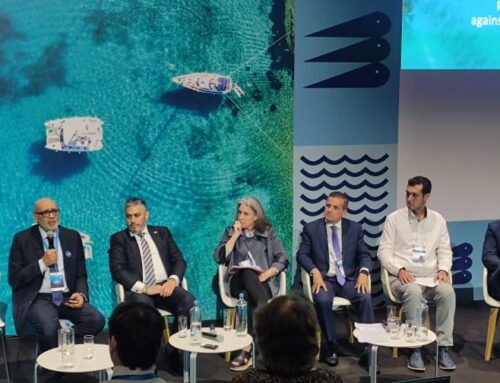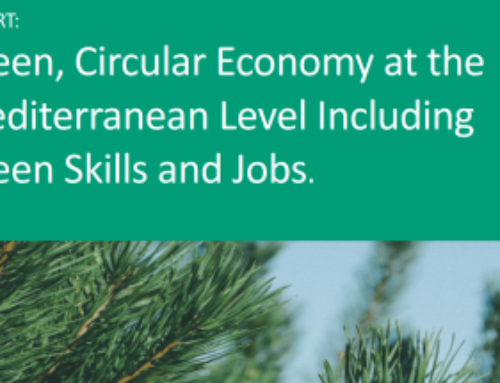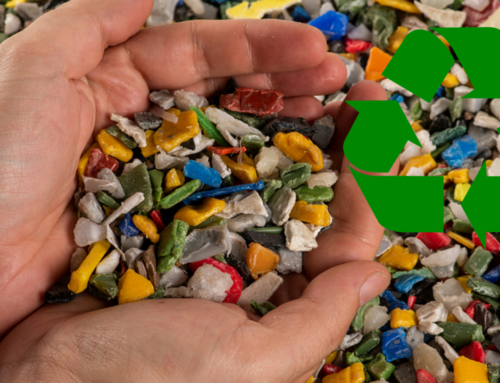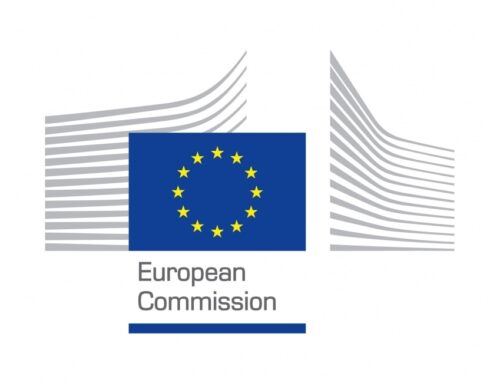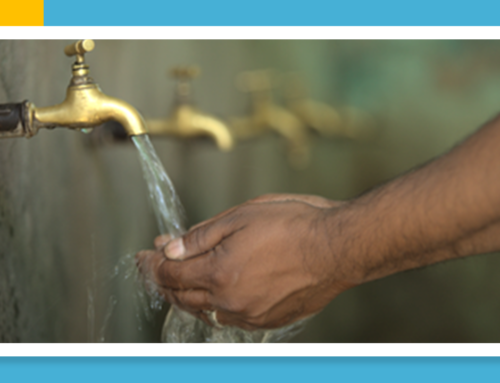The EU funded “Water and Environment Support (WES) in the ENI Neighbourhood South Region” project is supporting Tunisia in tackling the problem of sedimentation in its dams since 2020, by preparing and implementing an Activity “Reservoir Sedimentation Hazard and Mitigation Measures towards Sustainability in Tunisia”.
This WES Activity deals with the combined effects of runoff and soil erosion on the sedimentation issues of Tunisian reservoirs which significantly eliminate their storage capacity and focuses on two reservoirs: (a) the Lebna Reservoir on the Mediterranean Coast, and (b) the Sieliana Reservoir on the country’s upland area with useful storage 70 and 30 million cubic meters respectively.
This month, the WES team of water experts have organised 3 consecutive events from the 18th till the 22nd of September 2023, a. Consultation Workshop (18/09/2023), b. Meeting with the partners (19/09/2023), and c. Two Training events (19-22/09/2023).
During the first two days, the agenda expanded from the outcomes of the study on the sediment yield/reservoir sedimentation and the sustainability of Natural Water Retention and soil Measures (NWRSMs) in Tunisia to combat erosion and desertification and the results from both pilot cases alongside the cost/benefit analyses to illustrate the viability for the general application of NWRSMs in the country for preventing soil loss, to the guidelines/criteria for the selection of appropriate sites for applying these measures. In addition, a useful and valuable dialogue was established between stakeholders.
They agreed that a set of actions, focusing on measures to mitigate sedimentation in the pilot reservoirs and based on the recommendations of the WES activity, needs to be implemented.
It became clear that Tunisian authorities need to provide the administrative and financial framework to incentivise soil protection measures including Natural Water and Soil Retention Measures.
During the Training on the rules for managing solid inputs in dams and the second one on natural water and soil retention measures, the WES water experts were respectively able to strengthen the capacities of the relevant dams’ technicians and partners in terms of procedures for managing solid inputs during floods and the CRDAs in terms of natural water retention measures and the way in which these measures are likely to contribute to the management of soils erosion in the mountainous areas of the watershed.
In this series of events, more than 60 officials and staff of the related General Directorates and institutions involved in the operation and maintenance of reservoirs in the two pilot areas, in sediment yield assessment and reservoir sedimentation management, in soil management and protection, and in the design of natural water and soil retention measures participated. Donors and representatives of local authorities, NGOs, CSOs, academia also attended.


